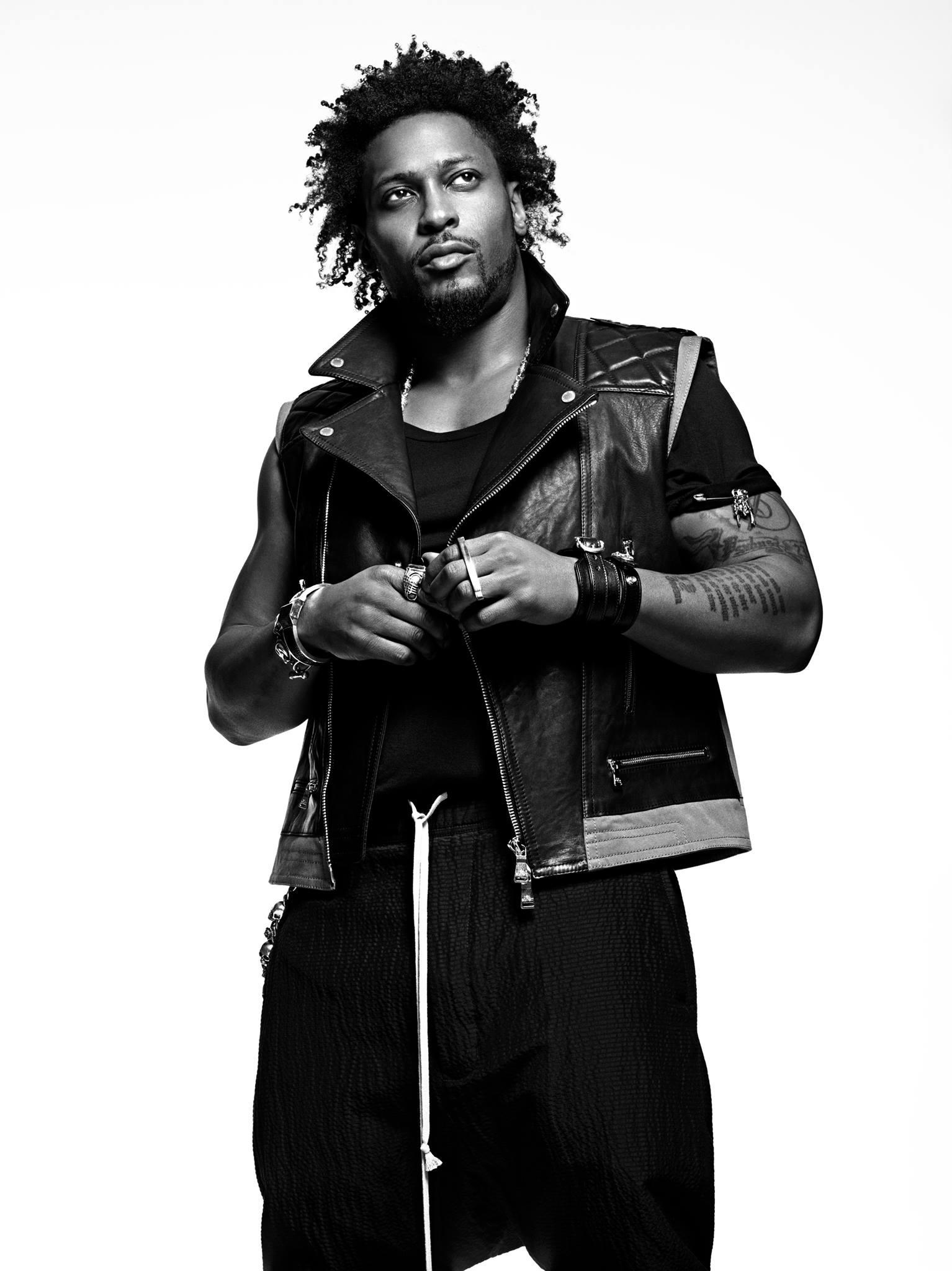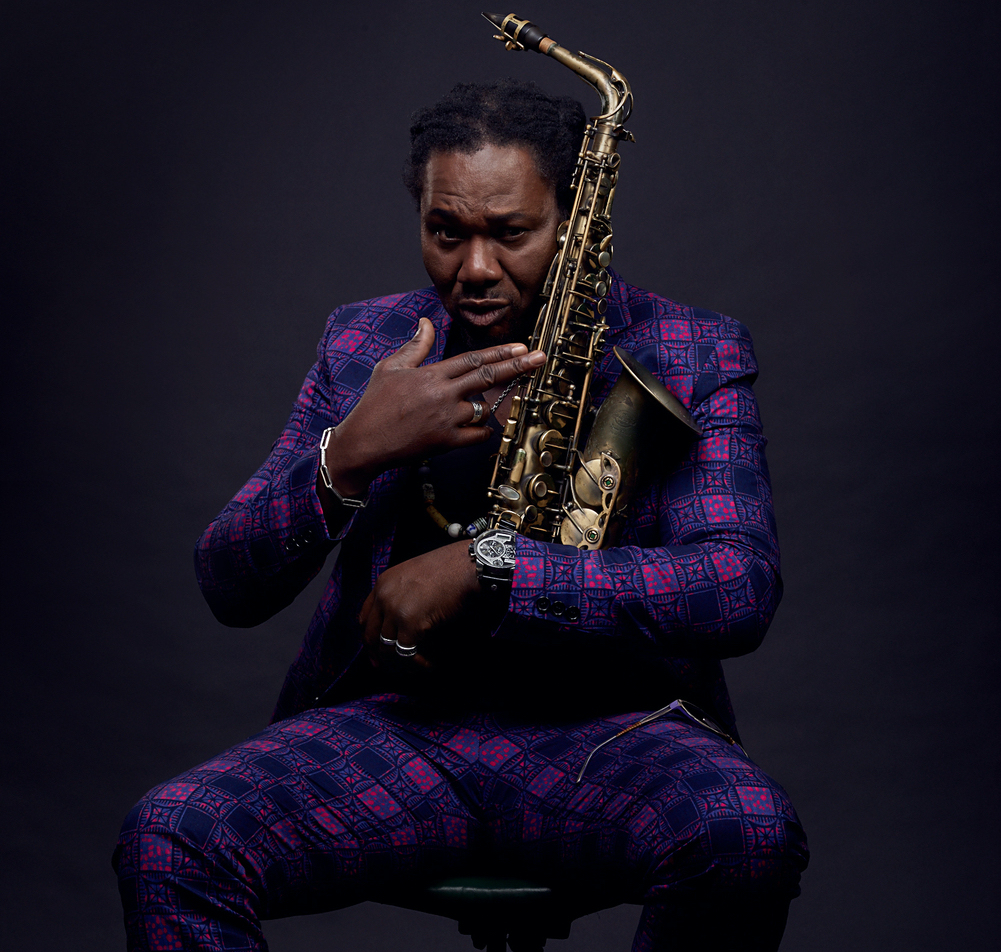
Neo-Soul Architect D’Angelo Passes at 51, Leaving a Lasting Mark on R&B
(D’Angelo / D’Angelo Facebook)
D’Angelo, the trailblazing R&B and soul artist whose real name was Michael Eugene Archer, died on October 14, 2025, at age 51 following a diagnosis of pancreatic cancer. Born in Richmond, Virginia, to a Pentecostal minister father, he picked up piano skills by age three and cut his teeth in local outfits like Three of a Kind and I.D.U. before snagging a publishing deal with EMI after dominating the Apollo Theater’s amateur night. His 1995 debut Brown Sugar put him on the map, with the single ‘Lady’ climbing to No. 10 on the Billboard Hot 100 and earning Grammy nods that cemented his rise. Over three albums, he snagged four Grammys, blending R&B roots with hip-hop grooves and jazz flourishes to forge neo-soul’s core sound.
What set D’Angelo apart was his raw command of melody and rhythm, evident from the sultry, unbroken-take video for ‘Untitled (How Does It Feel)’ that sparked endless talk in the late ’90s. Voodoo, his 2000 sophomore effort, hit No. 1 on the US charts and later earned a spot at No. 28 on Rolling Stone’s all-time greats list, just edging out The Beatles’ White Album. Even after personal battles with addiction and a near-fatal 2005 crash, he reemerged in 2014 with Black Messiah, sparked by unrest over cases like Michael Brown and Eric Garner, which took home the best R&B album Grammy in 2016. Early collaborations with Lauryn Hill and The Roots showcased his songwriting skills before he became a commercial powerhouse.
As tributes roll in from peers like Beyoncé, who praised his genre-shifting impact, and Lauryn Hill, who praised his blend of toughness and nuance in Black expression, D’Angelo’s influence echoes through today’s acts. Nile Rodgers remembered pushing the young talent to release his demos, only to hear them dominate airwaves soon after. From Doja Cat calling him a generational spark to Tyler, the Creator crediting him for wiring his own sound, the outpouring highlights a career that reshaped soul’s boundaries. Working on a fourth album with Raphael Saadiq right up to the end, he leaves behind a catalog that keeps pushing musicians forward.








Post a comment